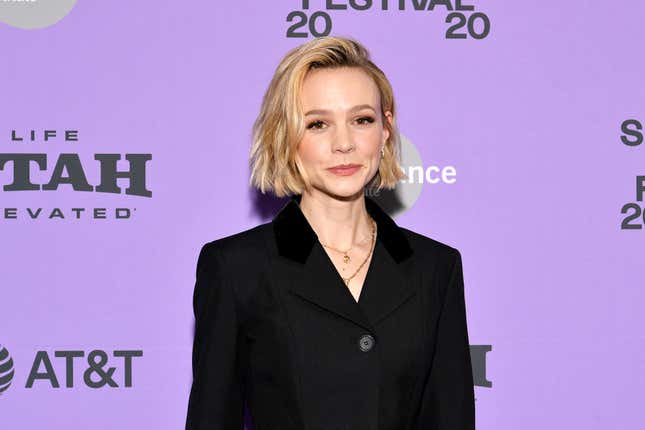Carey Mulligan On Criticism of Her Attractiveness in 'Promising Young Woman'
Latest

An early review of the film Promising Young Woman, which stars Carey Mulligan, received criticism after it implied that Mulligan wasn’t attractive enough to be believable in the role. The review, published by Variety Magazine in January 2020, originally said:
-

-

-

-

-

-

-

-

-

-

-

-

-

-

-

-

-

-

-

-

-

-

-

-

-

-

-

-

-

-

-

-

-

-

-

-

-

-

-

-








































